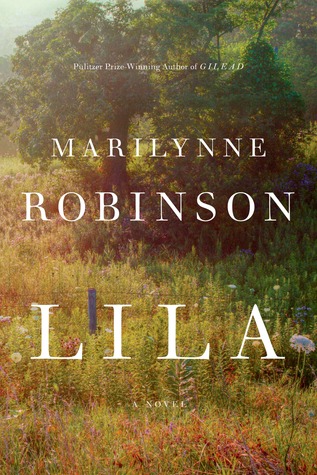The knowledge of good. That half of the primal catastrophe received too little attention. Guilt and grace met together in the phrase despite all that. He could think of himself as a thief sneaking off with an inestimable wealth of meaning and trust, all of it offended and damaged beyond use, except to remind him of the nature of the crime. Or he could consider the sweet marriage that made her a conspirator with him in it, the loyalty that always restored them both, just like grace.
In a word, Pulitzer-Prize winning author Marilynne Robinson’s new novel Jack is beautiful. It’s proof that not only can she create warm, true, complicated characters of pastors who have been at their vocation for decades, she can also put the same complications, warmth and truth into the “rebel atheist” character.
This is the fourth Gilead novel and Jack Boughton has been a significant side character in the others. Now the reader gets to see more of Jack as he develops a bi-racial relationship with Della Miles. While the town of Gilead, Iowa is as close as the thoughts in Jack’s head, this novel is interesting in that it is physically set in St. Louis with a brief sojourn to Memphis.
The illegal romance between Jack and Della is so slow and subtle. The first roughly eighty pages of the novel is a conversation between the two set in a St. Louis cemetery in the middle of the night (where no one can see them). The contrast between the gravestones in the darkness and their conversation about what might be hope and goodness and life made it fine with me, as the reader, if this was simply the entire novel. With no demands, Della simply loves Jack to the point that Jack, on his own, wants to become a better person which might not be the type of love Jack receives from his father.
Both characters have to deal with their fathers. Both of whom are ministers and, as many fathers of any vocation might, put many expectations on their children. Della has a college degree and teaches high school at a prominent black school in St. Louis. She has been set up by her father, family and church as a model black woman exemplifying what can be accomplished when the black community comes together. Della isn’t always comfortable being this example but until meeting Jack, she goes along with it. Jack, on the other hand, has never fit in with what his father expects of him back in his home town of Gilead.
Their relationship carries with it real dangers from the 1950’s American society in which they live and real disappointments to Della’s family. At this point in the greater Gilead narrative, I don’t think Jack’s family and community are aware of Della. Until now, as readers, we only knew that Della exists because of a picture Jack carries with him. I admit that specifically in the novels Gilead and Home, it seemed that Jack could be interested in the Reverend John Ames’ wife, Lila – the subject of the third Gilead novel titled appropriately Lila. After reading Jack, I think it’s more likely that Jack is simply wondering who in Gilead might be accepting of Della and the relationship they have and Lila, being an outsider herself, could be that person.
In my understanding, Marilynne Robinson has not said how many Gilead novels she plans to write but I hope there’s more.




